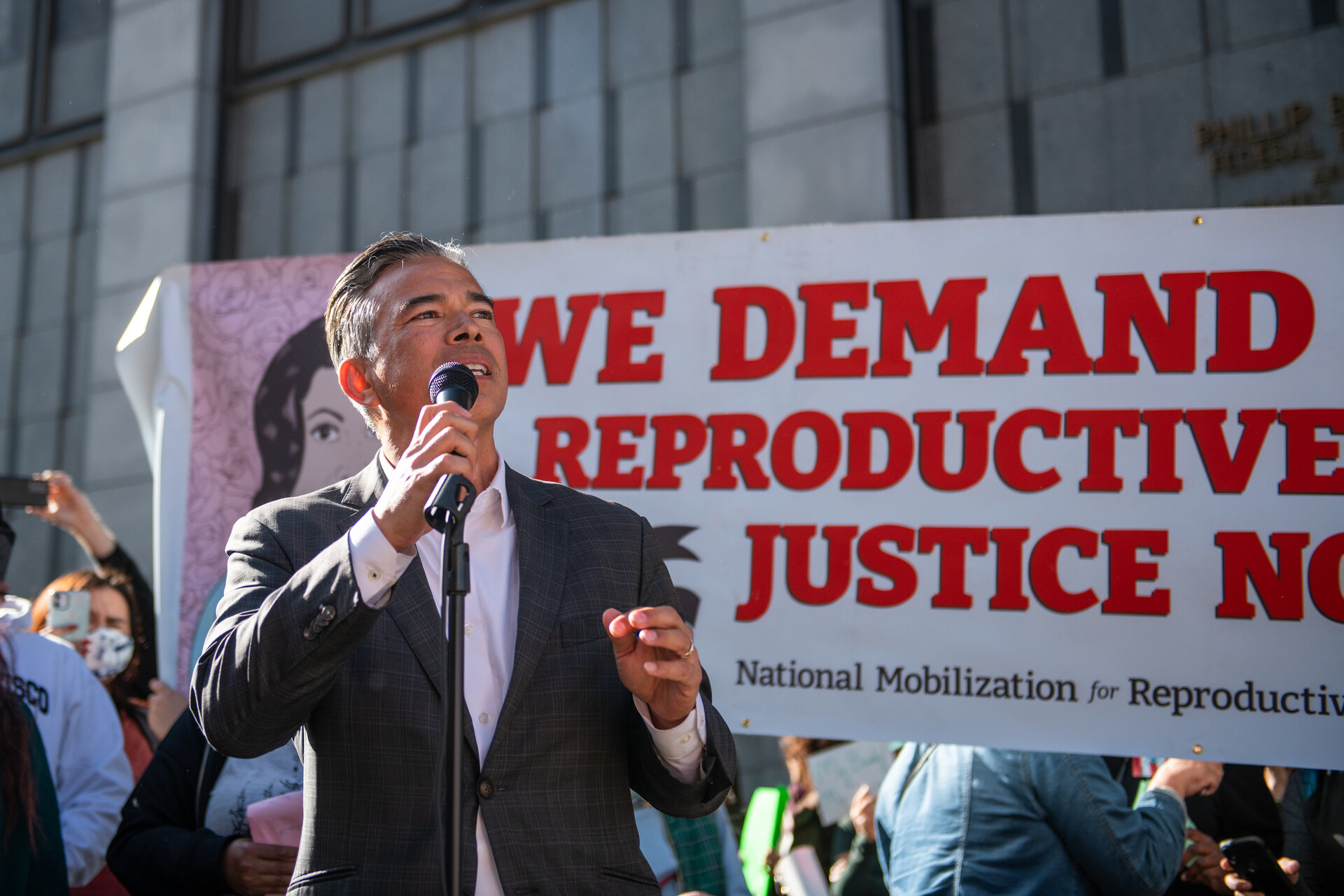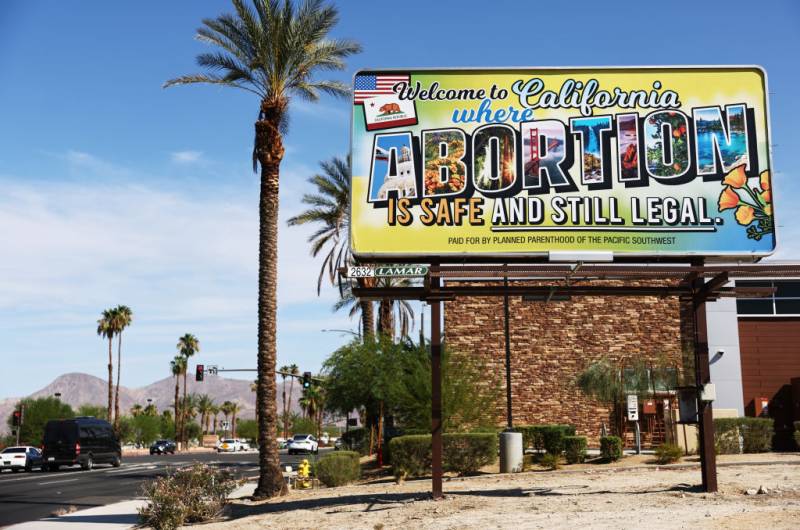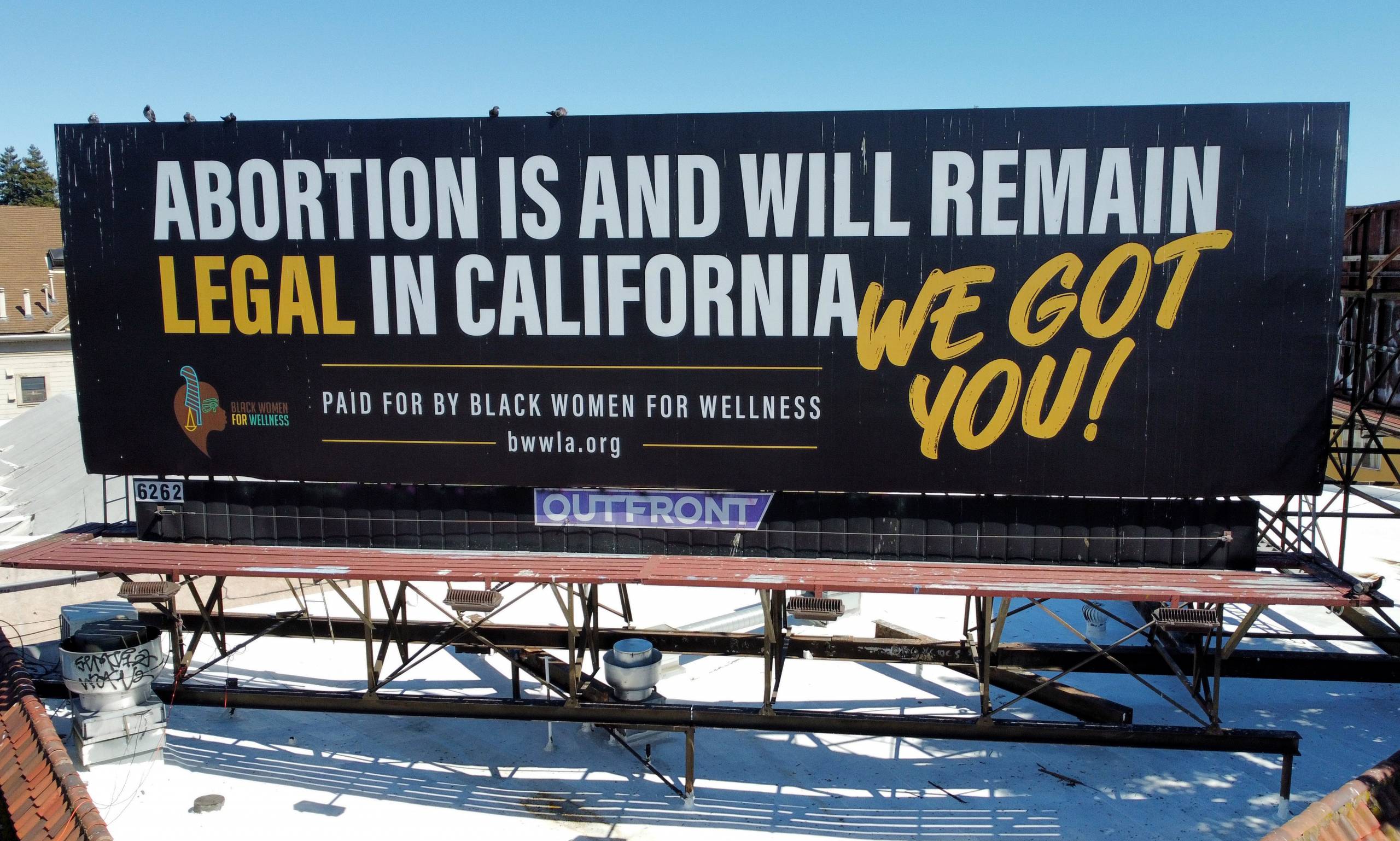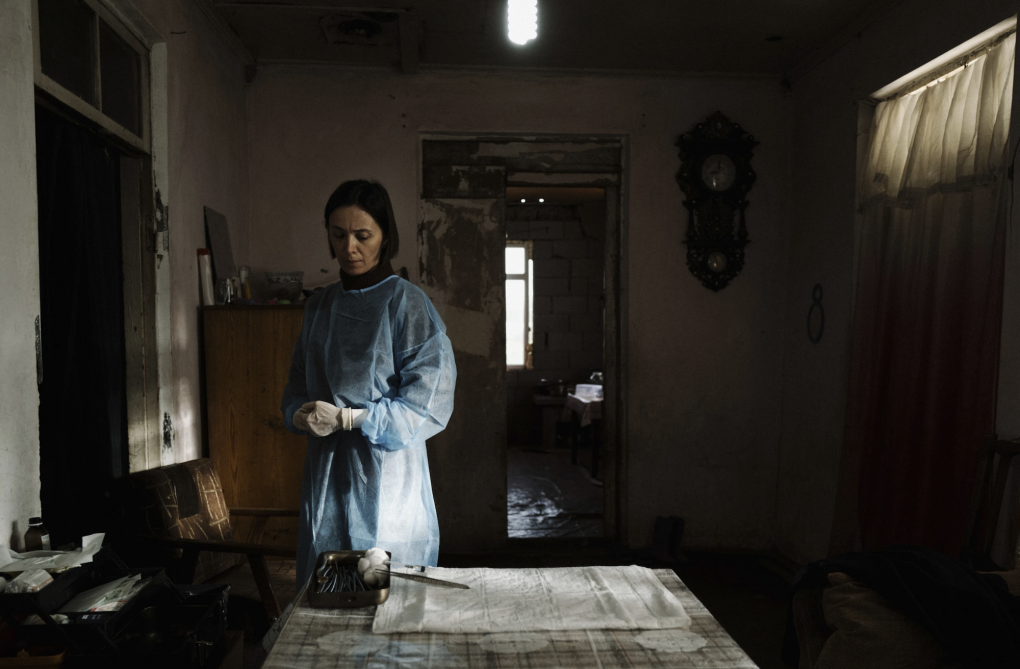L
ast week, California’s top officials reaffirmed the state’s role as a haven for reproductive freedoms — as Americans prepare for a second Trump administration that will likely bring an agenda with aims to further restrict reproductive rights after the fall of Roe v. Wade.
“Lawyers from the Attorney General’s Office and my office have been preparing for a potential second Trump term for more than a year,” Gov. Gavin Newsom said in a statement calling for a special session of the legislature issued the day after the election, highlighting the threat to California’s existing laws that protect the right to an abortion within the state. California, Newsom wrote, was “marshaling the arguments and evidence needed to be ready to challenge in court unconstitutional and unlawful federal policies, and to mount robust and vigorous defenses of California’s laws, policies and programs.”
But despite California’s laws around reproductive freedom being some of the strongest in the country, safe access to abortions in the state is still sometimes challenged.
When abortion access is challenged — even in California
Basic accessibility has long been an issue for some Californians, most notably in rural parts of the state or for people with low-income backgrounds.
Last month, the Attorney General’s Office found that the city of Beverly Hills had pressured a landlord to prevent an abortion clinic from opening. This summer, a San Diego woman said a CVS pharmacist refused to fill her prescription for abortion pills, and earlier this year, a former Marine was sentenced to nine years in prison for firebombing a Southern California Planned Parenthood in 2022.
In September, the state sued the Catholic-affiliated Providence St. Joseph Hospital in Humboldt County for allegedly refusing to perform an emergency abortion. The patient in question, Dr. Anna Nusslock, was rushed to another hospital for the life-saving surgery.

California Attorney General Rob Bonta said that Nusslock’s case could be just one of several instances of a patient being denied abortion care in California — something Jennifer Wonnacott, spokesperson for Planned Parenthood Affiliates of California, echoes.
“For every one of those [cases], there’s likely many more we don’t hear about,” she said, noting that Planned Parenthood expects “that it will unfortunately become more of a common story” across the country.
Even as the future of abortion rights in America remains uncertain after the election, you have the right to abortion care in California. Keep reading for what you’re entitled to and what to do if you or someone you know is denied your health rights in California.
Jump straight to:
- What to do if you’re denied an abortion
- Religious objections to providing abortions
- How to report being denied abortion care in California
What is the state of abortion rights in California?
After the overturning of Roe v. Wade in 2022, KQED published a comprehensive guide to abortion rights in California, including details of the types of procedures available and insurance options.
- You can get an abortion in California for any reason until roughly six months after conception
- After six months of pregnancy, you can only get an abortion in certain circumstances
- If you’re under 18, you don’t need your parents’ permission to get an abortion in California
- If you have insurance, California requires your providers to cover abortion
- If you are uninsured, there are options for finding a free or low-cost abortion, as well as temporary Medi-Cal coverage
In the November 2022 election, Californians voted to enshrine abortion rights in the state constitution. Since then, California officials have strengthened protections for patients and providers. This includes an executive order that would decline “out-of-state extradition requests related to legal abortions in California” if a person traveled to California for the procedure.
California law also requires hospitals to provide “stabilizing care in an emergency,” Planned Parenthood’s Wonnacott said. “Patients have protections in California to access the care they need,” she said.




